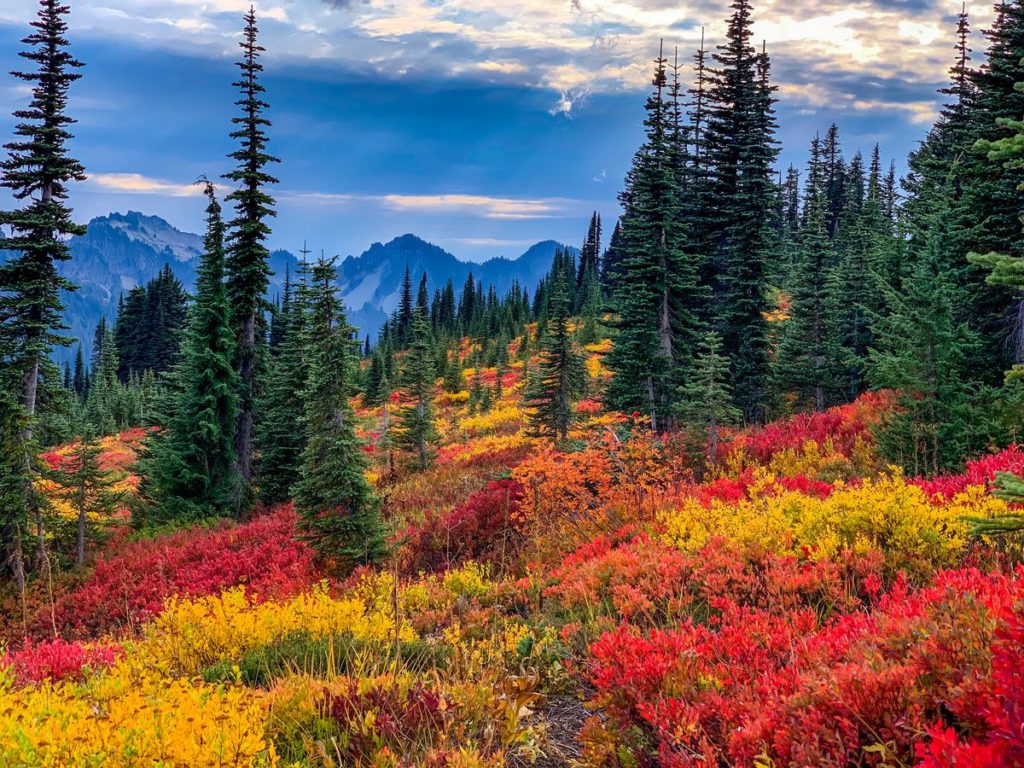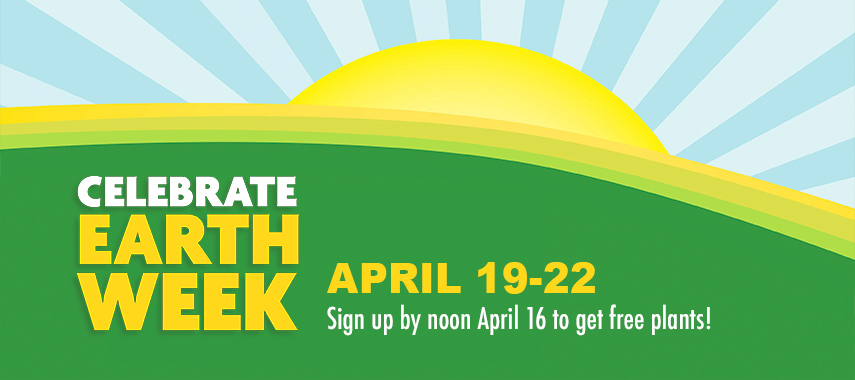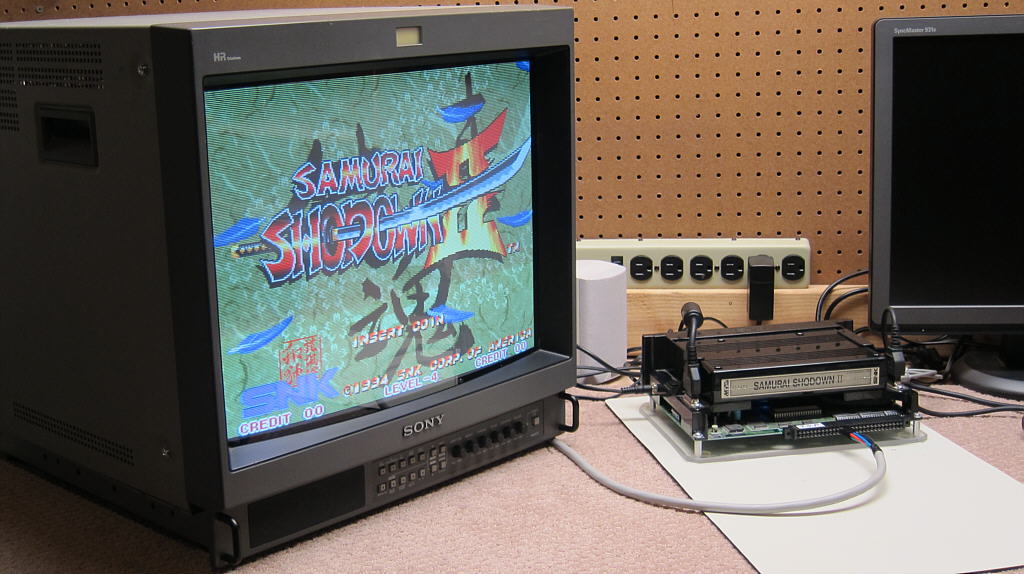
When we are thinking about how to keep healthy where do we turn? Whether we are looking to keep a strong and healthy body through exercise, eating well, or practicing good hygiene, the question remains – how to keep our body stronger for longer? Hiking is the answer! Hiking improves our health by boosting the immune system, not just in the moment, but for an extended time afterward. Some of this effect is easily attributed to the generic influence of exercise, but there are multiple unknowns in the study of immunology that lead us to believe that hiking is uniquely helpful in boosting the immune system and leaving us happy and strong.
Multiple studies have supported the conclusion that exercise boosts your white blood cell count, leaving your body significantly better equipped to fight bacteria and viruses. This effect is an interesting one because intense short interval exercise often leaves your body exhausted and slightly weaker in the immediate term but builds your immune response after recovering from the exercise. Sustained moderate exercise, however, causes your body to produce anti-inflammatory cytokines which reduce stress and improve your immune response through the reduction of inflammation. Long term sustained exercise, like the kind you get from a relaxing hiking trek, boosts your immune defence in a more significant way, with benefits that are statistically visible not for days but months after you exercise!
Fall — the best hiking season! Larches glowing gold in the high country, maples and alder blazing orange and yellow, and crisp blue skies.
The very nature of hiking makes it a very ecological-friendly activity already. You use your own legs to propel yourself, no gas or harmful emissions. Hiking teaches us to live on less, make do with whatever we packed, appreciate water and natural resources.
Click on the links below to find out more about Top Hiking Trails Near me :
https://www.traillink.com/activity/hiking-trails/
https://seattle.curbed.com/maps/fall-foliage-autumn-leaves-trails-seattle
https://www.wta.org/go-outside/seasonal-hikes/summer-destinations/ada-accessible-hikes
Looking for more sustainability? Check out the newly redesigned EvCC Sustainability web pages!












